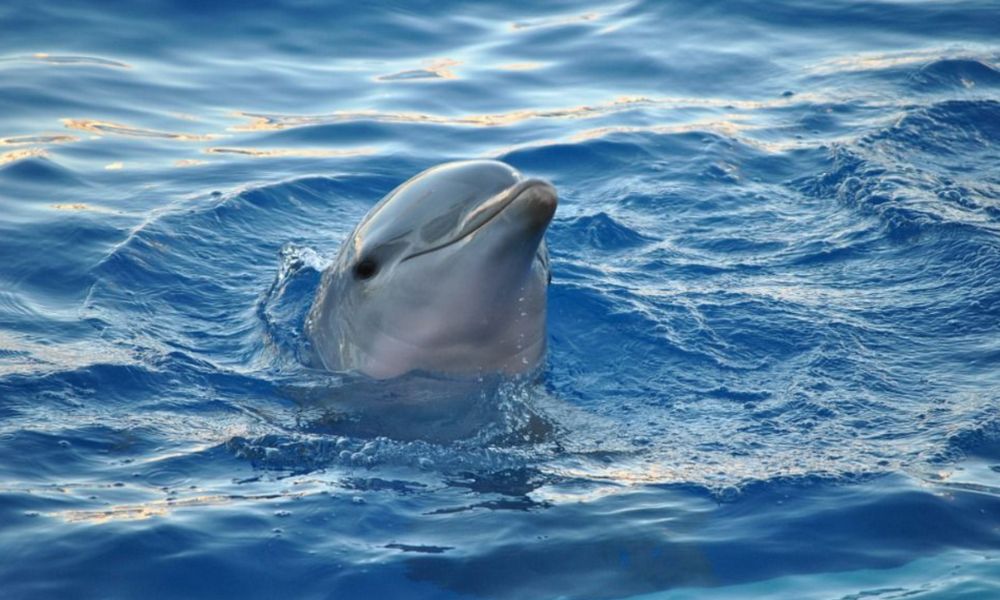A new survey has found that the upcoming generations of youth don’t want to see dolphins in tanks — suggesting a critical shift away from the perception that dolphin exploitation is “entertainment.”
The survey, commissioned by World Animal Protection (WAP) and conducted by polling company Censuswide, analyzed responses from more than 1,500 British children aged 8 to 16 and 2,000 adults.
An overwhelming majority of the children — 87 percent — told researchers that dolphin captivity is cruel, with 65 percent explaining that dolphins belong in the sea and 49 percent saying dolphin tanks are too small.
Other responses included that dolphins should be with their friends and families, with some of the children writing, “Dolphins are too smart to be in cages and have to do silly things” and “It is cruel, where is the family?”
Some of the children surveyed also told researchers that they felt “sad” to see the dolphins suffering.
The survey showed that some parents took their children to dolphin shows thinking the venues would help build positive memories, but instead they walked away with regret, said Katheryn Wise, the wildlife campaign manager for WAP.
“Children know inherently what is fair and unfair, and it seems that they instinctively know that keeping an intelligent, wild animal in a tiny pool is unfair,” Wise said. “It is up to us as a society to nurture this instinct and foster respect and compassion for wildlife.”
The adults surveyed also were aware of cruelties inherent in the dolphin “entertainment” industry, with more than half citing emotional and social trauma, stress, health issues, and small tanks as concerns, and others citing chemically-treated water and depriving animals of food prior to performances as detriments.
The United Kingdom recently passed the Animals (Low Welfare Activities Abroad) Bill, which bans UK travel companies from promoting or selling tickets to venues that abuse animals.
The Association of British Travel Agents already has a list of “unacceptable” activities. The use of cetaceans — of which dolphins are members — is still under review, but the agency already has included orca and dolphin feedings by members of the public to the list.
Lord Guy Black of Brentwood, a politician who supported passage of the recent welfare bill, has publicly supported a ban on forcing dolphins to interact with paying customers.
“Dolphins used for entertainment endure miserable lives, and their suffering must stop,” Black said. “A 5-minute holiday ‘thrill’ swimming with dolphins or watching a show condemns them to a lifetime of suffering.”
More than half of adults surveyed in the poll said they would support dolphin activities being included in the advertisement ban.
You can help dolphins today by signing WAP’s petition or getting their action alerts and also by pledging never to attend events or venues that feature their exploitation!







